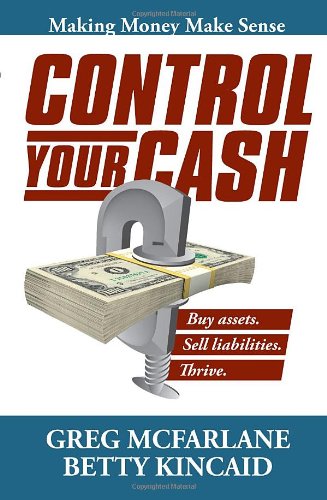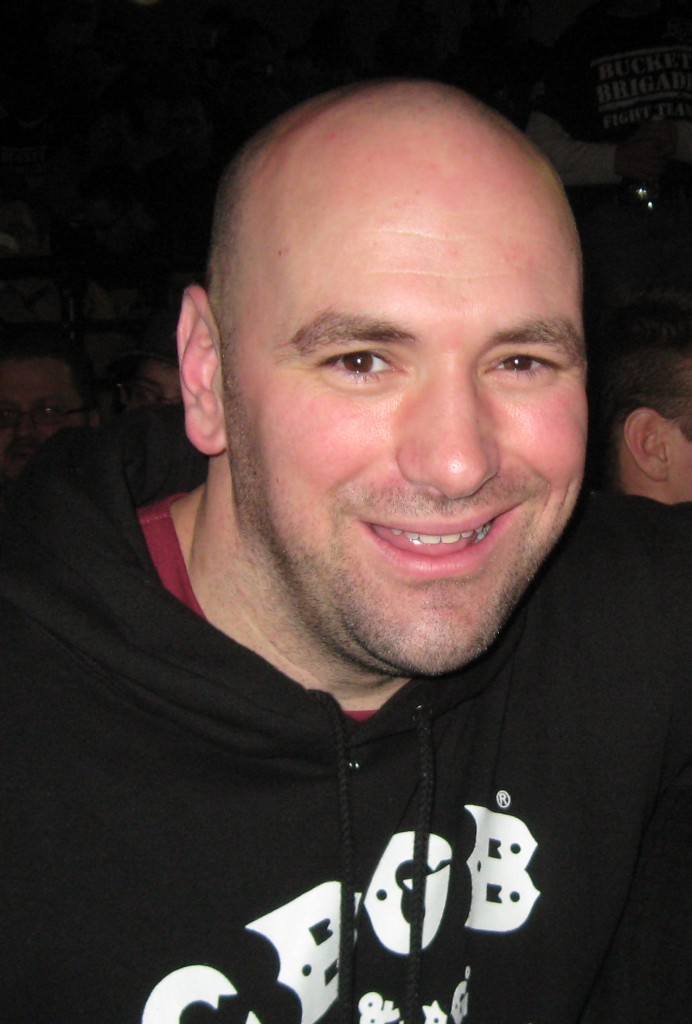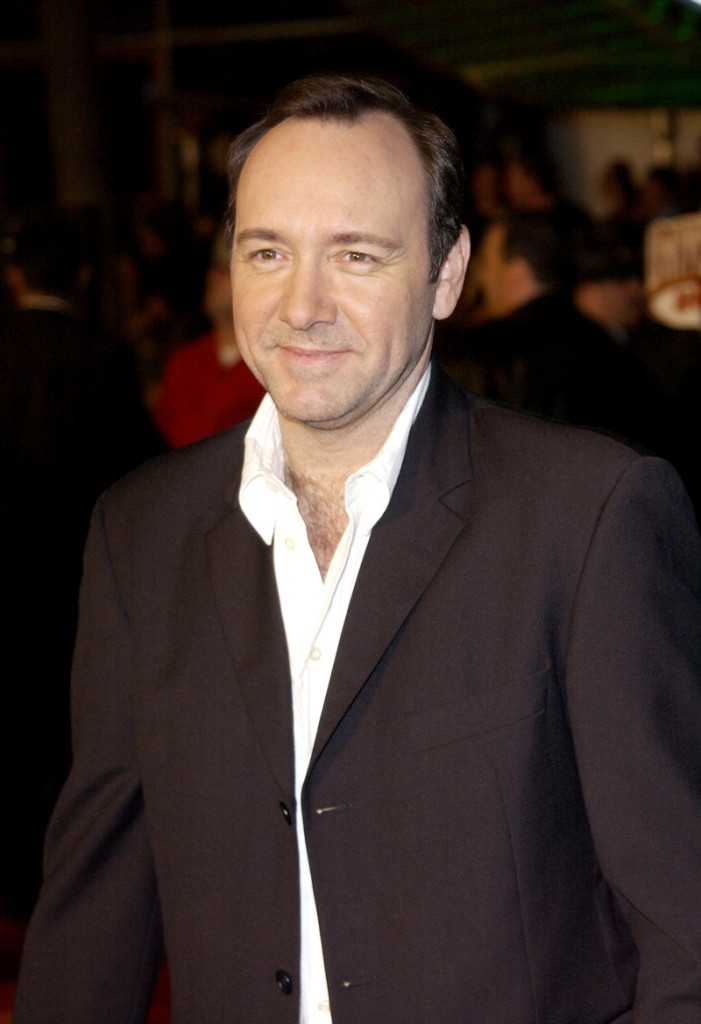While buying our book (available on Amazon, Barnes and Noble, and the button to your right), check our Greg’s latest post – as in, posted minutes ago – on Credit Card Chaser. Unless you have a credit card balance, in which case you should sell your belongings to pay off your bill first. Then buy our book. Then read the guest post.
Bloggers? Make that “authors”
Only one of these three is out right now.
You can now buy our highly anticipated book, soon to be a cornerstone of American financial literature, at Amazon. The same book we’ve been tantalizing you with excerpts from since the site went live. Or you can order it on the link up and to your right. Do you have a Kindle? You should get one, they’re amazing. If you do you could download the book in less time than it’ll take to continue reading this post.
This has been a busy last few days, but it’s going to get busier. We’re not only maintaining our schedule, but cramming more into it. Just this week we guest posted on yet another blog, The Writer’s Coin. Within days we’ll be doing a week as interim editor at the incredibly prolific Len Penzo’s LenPenzo.com. The book tour starts in earnest soon.
So how do you get a book published, anyway?
It’s more work than writing one.
You have to be your own worst critic, and above all, make things readable. A book that contains all the useful information in the world, but that’s written in a stilted style, is a book that no one reads to the end of. Once we completed the manuscript, we sat on it for the requisite 3 days, maybe 4, then reexamined it with semi-fresh eyes. There was minimal filler in the manuscript anyway, which is why the finished book runs a brisk 326 pages, but it was astonishing how much of the phrasing still needed the sharp end of a machete. Little things, like using the same adverbs repeatedly. (Most adverbs don’t serve any legitimate purpose, that “repeatedly” notwithstanding.) That first draft was loaded with crutches we hadn’t even noticed, like trying too hard to be conversational – for instance, starting far too many sentences with “Yeah.”
But self-editing wasn’t enough, even for an author who used to edit for a living. The book had to be airtight before we dared shop it around to editors and publishers. We ran it past a dozen well-read, nitpicky friends and ordered them to tear it to shreds. If you’re an aspiring writer and you do this, half those friends will indeed critique the book. A few will want a cumbersome hard copy to edit, for some reason.
Those friends improved the book. One directive behind Control Your Cash: Making Money Make Sense was that we assumed whoever’s reading it would be smart, but financially ignorant. Which meant we should never use an unfamiliar term (and the book has plenty) without explaining it first. Still, a few of those terms slipped our eyes until our friends brought it to our attention.
Once we had something we were comfortable with, we had to write a proposal for agents that they could pass on to publishers. This is a synopsis of the book, a representative chapter, biographies of both of us, and most importantly, a sales plan. An agent doesn’t care if you’re functionally illiterate, as long as you can sell books. Which is difficult to do if you’ve never been published, and are only famous for either running a national trade organization or calling a radio show.
With a copy of Writer’s Digest in hand, we tracked down literary agents. There are hundreds, but most of them don’t specialize in non-fiction, let alone personal finance. We found 123 agents whom we thought might be interested, and got 120 rejections (most of them active, some passive.) The remaining 3 were what you would politely call “deferments.”
At this point we weren’t out much money – just printing and mailing for the few archaic agents who insisted on hard copies of the proposal. It was time for the big expense, which wasn’t all that big – $500 for one of us to attend one of the publishing industry’s big annual events, the Maui Writers Conference.
The Conference (which actually moved to Oahu in 2009, and days ago went bankrupt) was a 4-day combination trade show/lecture series. The keynote speaker at last year’s was giga-seller Mitch Albom, and a few of those Oprah authors were on hand, too. The event featured speeches and workshops (“Learn How To Develop Plot For Your Murder Mystery Novel”), but the big attraction for us was the chance for one-on-one interviews with agents and publishers looking for new talent. At $50 a pop, we scheduled as many as possible (three) and came in swinging.
The next day, a call from the principal of the Jellinek & Murray Agency:
Roger: Hi, I’m Roger Jellinek. You spoke with my partner yesterday. Would you be interes–
Greg: Yes.
Roger cleaned up our proposal, which apparently still looked like it had been written by amateurs. Which it had. He sent it to his influential New York publisher friends, and a few months later, here we are. The good folks at Mill City Press let us distribute it on Amazon, we’ll be touring the country hawking the book, and hopefully, you’ll buy a copy and then watch it pay for itself several times over.





